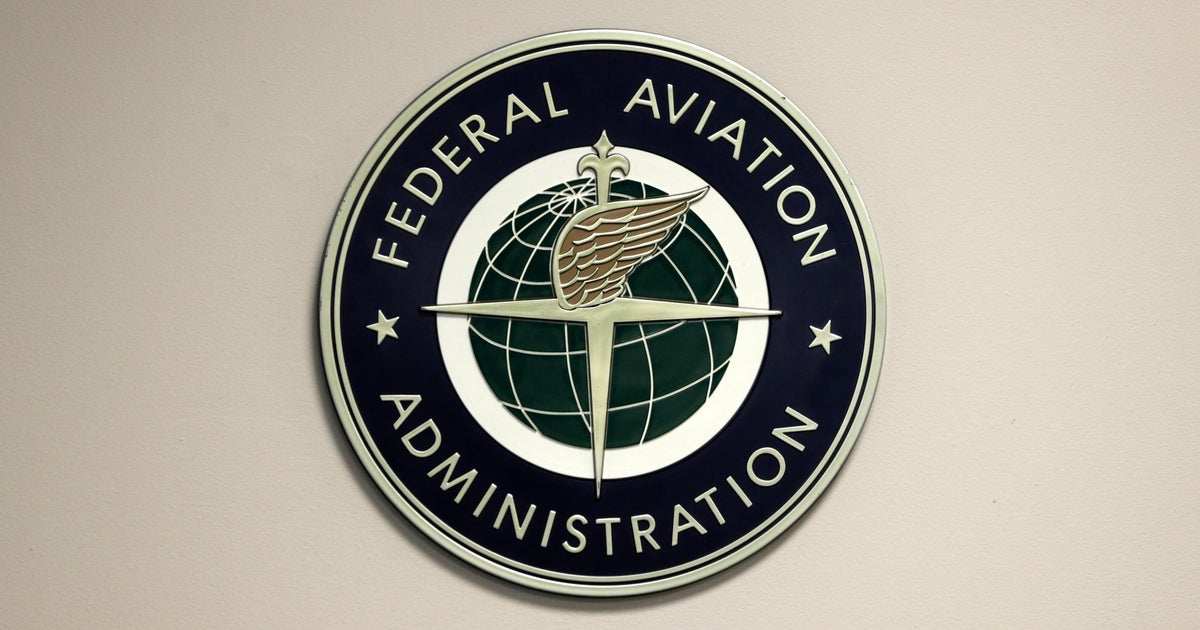No troops will be charged in Kabul strike that killed 10 civilians
No U.S. troops will be held accountable for the August Kabul drone strike that killed 10 civilians, including seven children, the Pentagon confirmed on Monday.
The heads of U.S. Central Command and U.S. Special Operations Command provided recommendations to Secretary of Defense Lloyd Austin on conducting strikes, and none of the recommendations included accountability actions for anyone involved in the deadly August 29 strike.
The investigation, conducted by Lieutenant General Sami Said, the Air Force inspector general, found no violation of law, negligence, or dereliction of duty but left accountability decisions up to the chain of command. Austin gave the report to General Frank McKenzie of the U.S. Central Command and General Richard Clarke of the U.S. Special Operations Command and asked them to provide him with recommendations.
Their recommendations did not include a line on accountability, which means the Pentagon does not expect accountability actions related to the strike, according to Pentagon spokesperson John Kirby.
"Process improvements absolutely will occur, but in this particular case, there was not a strong enough case to be made for personal accountability," Kirby told reporters Monday.
In August, McKenzie said the strike was conducted based on an imminent threat to U.S. personnel. Three days before, an ISIS-K suicide bomber killed 13 U.S. service members and over 170 Afghan civilians at Abbey Gate in Kabul, and the U.S. was working towards a final withdrawal date of August 31.
The strike was intended to kill an ISIS-K fighter planning an attack at the Kabul airport, but instead, it killed a humanitarian aid worker, Zemari Ahmadi, and members of his family, including seven children.
After U.S. Central Command concluded civilians were killed, McKenzie said the strike "was a terrible mistake" but they were contending with credible intelligence of an imminent threat at the airport.
Following an investigation conducted by U.S. Central Command, Said conducted a 45-day review at Austin's request. Said concluded the strike was "an honest mistake."
The mistake stemmed from intelligence that indicated an individual in a white Toyota Corolla intended to attack the Kabul airport. Given the threat environment and the information U.S. troops had, Said noted it wasn't "unreasonable" to conclude that this vehicle was a threat, but it turned out to be incorrect.
McKenzie and Clarke took Said's investigation, which remains classified, and provided Austin with recommendations on steps to correct the procedure and execution of air strikes to avoid similar mistakes.
The Department of Defense is working with Ahmadi's employer to provide condolence payments to the family and coordinating with the State Department to relocate family members to the U.S.
The Pentagon is also in the middle of a 90-day review of a 2019 strike in Baghuz, Syria that the New York Times reported killed dozens of civilians.




